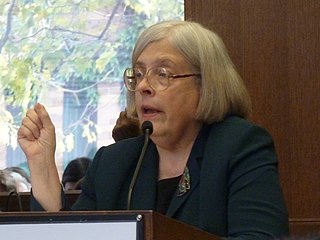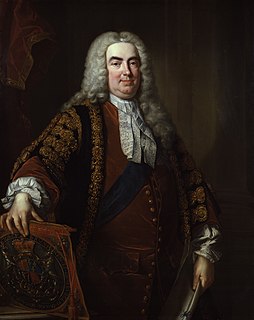A Quote by Aristotle
Governments which have a regard to the common interest are constituted in accordance with strict principles of justice, and are therefore true forms; but those which regard only the interest of the rulers are all defective and perverted forms, for they are despotic, whereas a state is a community of freemen.
Related Quotes
The true forms of government, therefore, are those in which the one, or the few, or the many, govern with a view to the common interest; but governments which rule with a view to the private interest, whether of the one or of the few, or of the many, are perversions. For the members of a state, if they are truly citizens, ought to participate in its advantages.
There are some despotic governments so filled with a feeling of insecurity that they regard the free life of culture as a threat to their existence. ... On the other extreme is the kind of popular government which is so distrustful of all forms of distinction that it sees even in the cultivated individual a menace to its existence. Such states are likely to maintain a pressure which discourages cultural endeavor, although the pressure may be exerted through social channels.
Neither should we forget the mean, which at the present day is lost sight of in perverted forms of government; for many practices which appear to be democratical are the ruin of democracies, . . Those who think that all virtue is to be found in their own party principles push matters to extremes; they do not consider that disproportion destroys a state.
Homosexuality is regarded as shameful by barbarians and by those who live under despotic governments just as philosophy is regarded as shameful by them, because it is apparently not in the interest of such rulers to have great ideas engendered in their subjects, or powerful friendships or passionate love - all of which homosexuality is particularly apt to produce.
Pure community is a matter of no interest to any will; but a community which pursues a common good is of supreme interest to all wills; and what we have here said is that whatever the nature of that common good ... it must contain the development of individual powers, as a prior condition for all other goods.
We are in a war of a peculiar nature. It is not with an ordinary community, which is hostile or friendly as passion or as interest may veer about: not with a state which makes war through wantonness, and abandons it through lassitude. We are at war with a system, which by its essence, is inimical to all other governments, and which makes peace or war, as peace and war may best contribute to their subversion. It is with an armed doctrine that we are at war. It has, by its essence, a faction of opinion, and of interest, and of enthusiasm, in every country.
I have quitted all forms of devotion and set prayers but those to which my state obliges me. And I make it my business only to persevere in His holy presence, wherein I keep myself by a simple attention, and a general fond regard to GOD, which I may call an actual presence of GOD, or, to speak better, an habitual, silent, and secret conversation of the soul with GOD, which often causes me joys and raptures inwardly, and sometimes also outwardly, so great that I am forced to use means to moderate them, and prevent their appearance to others.
This is the very heart of true morality--not to struggle, not to fight with any weapons, for one's self alone--but to struggle and to fight for the common interest, to wield the power of brain and good right arm if need be for one's family, for the ordered community of life, for the state, for moral principles, humanity, and the common good.
We have said that the State must not absorb the individual or the family; both should be allowed free and untrammelled action so far as is consistent with the common good and the interest of others. Rulers should, nevertheless, anxiously safeguard the community and all its members; the community, because the conservation thereof is so emphatically the business of the supreme power, that the safety of the commonwealth is not only the first law, but it is a government's whole reason of existence.
The timing & characteristics of state intervention affect not only organizational tactics and strategies, but the content and definition of interest itself... Some scholars have directly stressed that state interventions create corporatist forms... the formation, let alone the political capabilities, of such purely socioeconomic phenomena as interest groups and classes depends in significant measure on the structures and activities of the very states the social actors, in turn, seek to influence.
The goodness or badness, justice or injustice, of laws varies of necessity with the constitution of states. This, however, is clear, that the laws must be adapted to the constitutions. But if so, true forms of government will of necessity have just laws, and perverted forms of government will have unjust laws.
It is alleged by men of loose principles, or defective views of the subject, that religion and morality are not necessary or important qualifications for political stations. But the Scriptures teach a different doctrine. They direct that rulers should be men who rule in the fear of God, able men, such as fear God, men of truth, hating covetousness. But if we had no divine instruction on the subject, our own interest would demand of us a strict observance of the principle of these injunctions. . . .
The house of representatives ... can make no law, which will not have its full operation on themselves and their friends, as well as the great mass of society. This has always been deemed one of the strongest bonds by which human policy can connect the rulers and the people together. It creates between them that communion of interest, and sympathy of sentiments, of which few governments have furnished examples; but without which every government degenerates into tyranny.
My forms are not abstractions of things in the real world. They're also not symbols. I would say that my job is to invent these forms and to put them together in a way that keeps your interest, to give the forms a quirky identity so you can engage with them, so you realize there's an inner intelligence or logic.





































